The GTMRx Institute convened a national task force to identify key issues and offer guidance designed to build vaccine confidence in local communities. The goal of the task force is to inform the strategies to engage teams at the community level to work collaboratively and communicate effectively about vaccination during current and future pandemics.
- Engaging care teams in the local community
- Coordinating with schools, religious organizations, employers
- Collaborating with local, state and federal agencies
- Communicating to ensure effective, efficient and engaged community response.
We believe that the medical neighborhood is essential and fundamental when implementing programs designed to build vaccine confidence.
*As of June 15, 2021, the GTMRx National Task Force: Building Vaccine Confidence in the Medical Neighborhood” name has been changed to reflect the evolving nature of the task force work to include the broader “health” neighborhood.
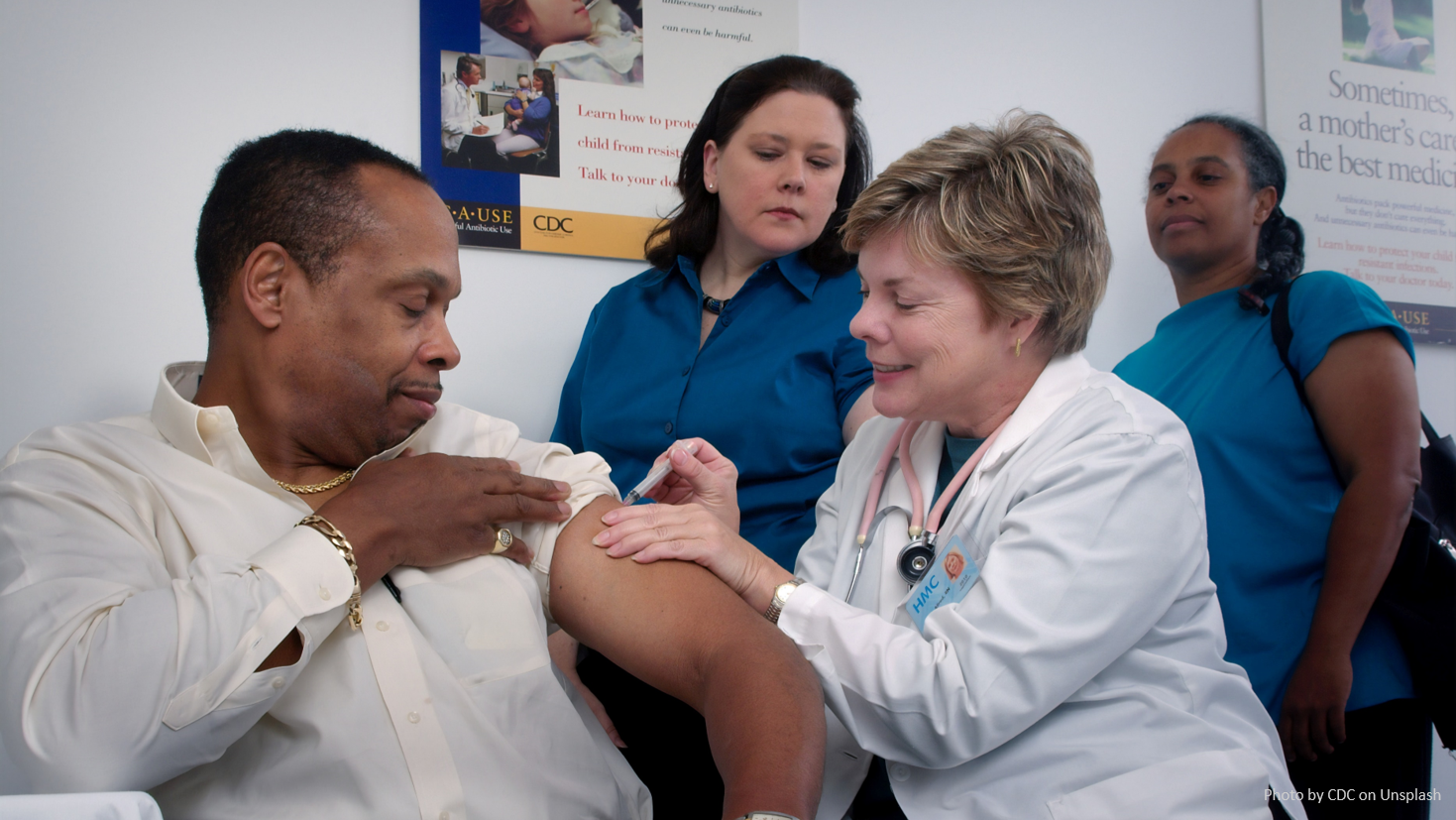
Task Force Co-Leads:
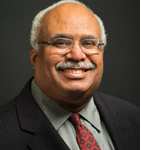
Co-Lead: Georges Benjamin, MD, Executive Director, American Public Health Association (APHA)
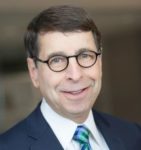
Co-Lead: Paul Abramowitz, Pharm.D., ScD (Hon), FASHP, Chief Executive Officer, American Society of Health-System Pharmacists (ASHP)

Co-Lead: Susan Dentzer, Senior Policy Fellow, Robert J. Margolis Center for Health Policy, Duke University

Staff Officer: Katherine Herring Capps, Executive Director and Co-Founder, GTMRx Institute
Task Force Participants:
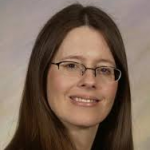
Participant: Kate Berry, Senior Vice President, Clinical Affairs & Strategic Partnerships, America’s Health Insurance Plans (AHIP)
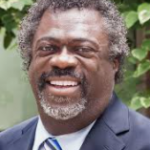
Participant: Ernest Grant, Ph.D., RN, FAAN, President, American Nurses Association (ANA)
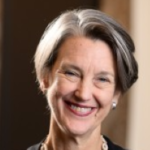
Participant: Ann Greiner, President & Chief Executive Officer, Primary Care Collaborative (PCC)

Participant: Paul Grundy, MD, MPH, FACOEM, FACPM, Chief Transformation Officer, Innovaccer; President, GTMRx Institute
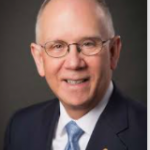
Participant: Doug Henley, MD, FAAFP, Executive Vice President & Chief Executive Officer Emeritus, American Academy of Family Physicians (AAFP)
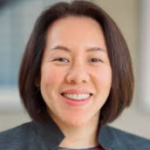
Participant: Connie Hwang, MD, MPH, Chief Medical Officer & Director of Clinical Innovation, Alliance of Community Health Plans (ACHP)
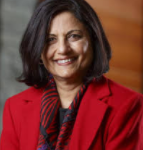
Participant: Punam Keller, Ph.D., MBA, Senior Associate Dean, Innovation & Growth, Charles Henry Jones Third Century Professor of Management, Tuck School of Business, Dartmouth University
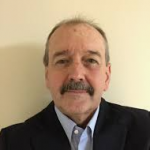
Participant: Mike Maddux, Pharm.D., DHL (Hon), Executive Director, American College of Clinical Pharmacists (ACCP)
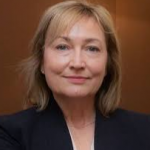
Participant: Darilyn Moyer, MD, FACP, FRCP, FIDSA, Executive Vice President & Chief Executive Officer, American College of Physicians (ACP)

Participant: Debra Ness, MS, President, National Partnership for Women & Families
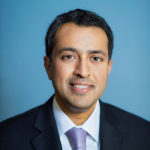
Participant: Anand Parekh, MD, MPH, Chief Medical Advisor, Bipartisan Policy Center (BPC)
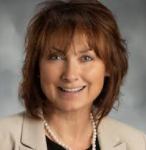
Participant: Kathleen Pawlicki, BPharm, MS, RPh, FASHP, Immediate Past President, American Society of Health-System Pharmacists (ASHP)
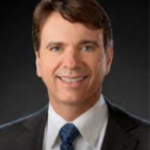
Participant: Marcus Plescia, MD, MPH, Chief Medical Officer, Association of State & Territorial Health Officials (ASTHO)

Participant: Chris Queram, MA, Interim Chief Executive Officer, National Quality Forum (NQF)

Participant: Chet Robson, DO, MHCDS, FAAFP, Chief Clinical Officer, Office of Clinical Integrity, Walgreens
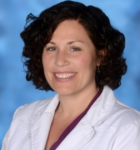
Participant: Julia Skapik, MD, MPH, Medical Director, National Association of Community Health Centers (NACHC)
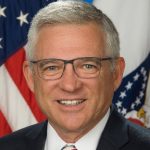
Participant: Richard Stone, MD, Acting Under Secretary for Health, Veterans Health Administration (VHA)
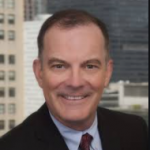
Participant: Mike Thompson, President & Chief Executive Officer, National Alliance of Healthcare Purchaser Coalitions (NAHPC)

Participant: Toyin Tofade, MS, Pharm.D., BCPS, CPCC, FFIP, Dean & Tenured Professor, Howard University
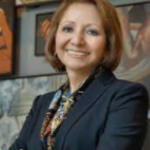
Participant: Antonia “Toni” Villarruel, Ph.D., RN, FAAN, Professor & Dean of Nursing, University of Pennsylvania; Past-President & Founding Member, National Coalition of Ethnic Minority Nursing Associations; Past-President, National Association of Hispanic Nurses

Participant: Susan Winckler, RPh, Esq., Chief Executive Officer, Reagan-Udall Foundation for the Food and Drug Administration
Task Force Support:

Meredith Allen, DrPH, MS, Vice President, Health Security, Association of State and Territory Health Officials (ASTHO)

Poonam Bal, MHSA, Director, Quality Innovation, National Quality Forum (NQF)

Julie Balter, JD, Clinical Innovations Program Manager, Alliance of Community Health Plans (ACHP)

Regina Davis, Ph.D., MPH, MCHES, Associate Executive Director, Health Policy and Practice, American Public Health Association (APHA)
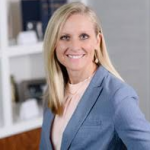
Anna Dopp, Pharm.D., Senior Director, Clinical Guidelines & Quality Improvement, American Society of Health-System Pharmacists (ASHP)
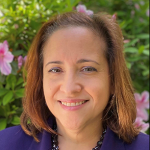
Sinsi Hernández-Cancio, JD, Vice President, Health Justice, National Partnership for Women & Families

Angela McGowan, JD, MPH, Senior Director, Alliance for Disease Prevention and Response, American Public Health Association (APHA)

Kathy Pham, Pharm.D., BCPPS, Director, Policy and Professional Affairs, American College of Clinical Pharmacy (ACCP)
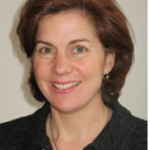
Susan Polan, Ph.D., Associate Executive Director, Public Affairs and Advocacy, American Public Health Association (APHA)

Helaine E. Resnick, Ph.D., MPH, Resnick, Chodorow & Associates

Kasey Thompson, Pharm.D., MS, MBA, Chief Operating Officer & Senior Vice President, American Society of Health-System Pharmacists (ASHP)
On June 15, 2021, the GTMRx National Task Force released an important new report: Report and Recommendations—Building Vaccine Confidence in the Health Neighborhood.
The Task Force calls for community action and changes to create grassroots organizations called Vaccine Confidence Leagues.
What GTMRx Task Force Leaders are saying:
“Local leaders can address today’s vaccine concerns and help instill long-term confidence in the scientific discoveries that can help protect us in the future,” said Paul W. Abramowitz, Pharm.D., Sc.D. (Hon), FASHP, CEO of the American Society of Health-System Pharmacists and a co-chair of the Task Force. “These efforts are needed immediately to achieve COVID-19 vaccination goals, and in the future can also be leveraged for broader vaccination and community health efforts.”
“Lack of COVID-19 vaccine confidence is a serious barrier to public health efforts to protect the population. Without widespread vaccination, we are at increased risk that new, more deadly variants of the virus will develop over time,” said Georges C. Benjamin, MD, executive director of the American Public Health Association and co-chair of the Task Force. “To spare lives, it’s crucial that more people here and around the world become vaccinated. If there is one thing we have learned from this pandemic, it is the need for a stronger, better resourced public health system to adequately protect the public‘s health.”
“A major strength of our report is that it calls for ‘bottom up’ efforts by communities, who are in the best position to understand who locally remains doubtful about the COVID-19 vaccines and why,” Susan Dentzer, senior policy fellow at the Robert J. Margolis Center for Health Policy at Duke University, said. “These communities can build on local efforts already under way to enhance vaccine confidence today and maintain and expand those efforts into the future—including this fall, when it is likely that vaccines will be authorized for use in children below age 12, and parents may also need to be reassured about the vaccines’ safety and efficacy.”
“These recommendations equip local leaders and liberate those at the community level who are willing and able to help by offering an overarching strategy they can adapt to meet community needs now,” Katherine H. Capps, GTMRx co-founder and executive director, said. “They complement national efforts, building a ground up approach that blends trust with time in order to effectively move those who haven’t been vaccinated yet and who trust their doctors, pharmacists, faith leaders and other community leaders to work in their best interest.”
In addition to development of Vaccine Confidence Leagues (VCLs) and community-building activities, the task force’s recommendations include:
- Accelerated approval of vaccines
- Public education
- Payment reform
- Improved vaccine access for primary care practices
- More effective immunization information systems (IIS)
- No cost-sharing for certain patients
- Enhanced diversity, inclusion, and equity
The GTMRx Institute convened a national task force to identify key issues and offer guidance designed to build vaccine confidence in local communities. The goal of the task force is to inform the strategies to engage teams at the community level to work collaboratively and communicate effectively about vaccination during current and future pandemics.
- Engaging care teams in the local community
- Coordinating with schools, religious organizations, employers
- Collaborating with local, state and federal agencies
- Communicating to ensure effective, efficient and engaged community response.
We believe that the medical neighborhood is essential and fundamental when implementing programs designed to build vaccine confidence.
Task Force Meeting Frequency:
- Tuesday, April 20, 2021 from 12:00 pm – 1:00 pm ET (Recording and slides here)
- Tuesday, May 4, 2021 from 3:00 pm – 4:30 pm ET
- Tuesday, May 25, 2021 from 3:00 pm – 4:30 pm ET
- Tuesday, June 8, 2021 from 3:00 pm – 4:30 pm ET
- Read the June 2021 Report | Report and Recommendations to the GTMRx National Task Force
- Watch the replay of the April 6, 2021 GTMRx & Bipartisan Policy Event | Building Vaccine Confidence During COVID-19: The Role of the Medical Neighborhood
- Read the March 2021 Report | Background and Resources to Build Vaccine Confidence in the Health Neighborhood
This work is sponsored by Johnson & Johnson.


